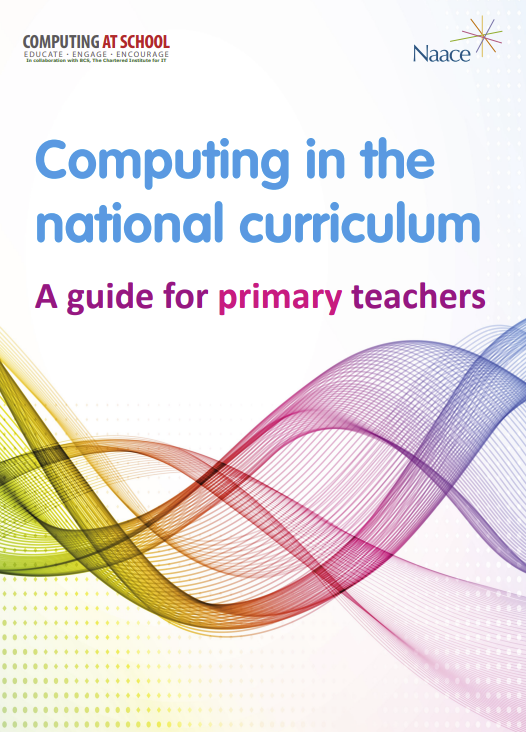Computing in the national curriculum
Editorial: Naace
Licencia: Creative Commons (by-nc-sa)
Autor(es): Berry, Miles
Computers are now part of everyday life. For most of us, technology is essential to our lives, at home and at work. ‘Computational thinking’ is a skill children must be taught if they are to be ready for the workplace and able to participate effectively in this digital world.
The new national curriculum for computing has been developed to equip young people in England with the foundational skills, knowledge and understanding of computing they will need for the rest of their lives. Through the new programme of study for computing, they will learn how computers and computer systems work, they will design and build programs, develop their ideas using technology and create a range of content. But what does this mean for primary schools? How should school leaders be planning for the new curriculum and how can teachers develop the additional skills they will need?
The programme of study is expressed in precise but perhaps unfamiliar language. This guide has been written especially for primary teachers, to demystify the programme of study for primary schools. It will enable teachers to get to grips with the new requirements quickly and to build on current practice. It includes help for schools with planning and gives guidance on how best to develop teachers’ skills.
The new national curriculum for computing provides schools with an exciting opportunity to reinvigorate teaching and learning in this important area of the curriculum. We hope this guide will help you on your way.
[2013]
Compartir:
Una vez que el usuario haya visto al menos un documento, este fragmento será visible.


